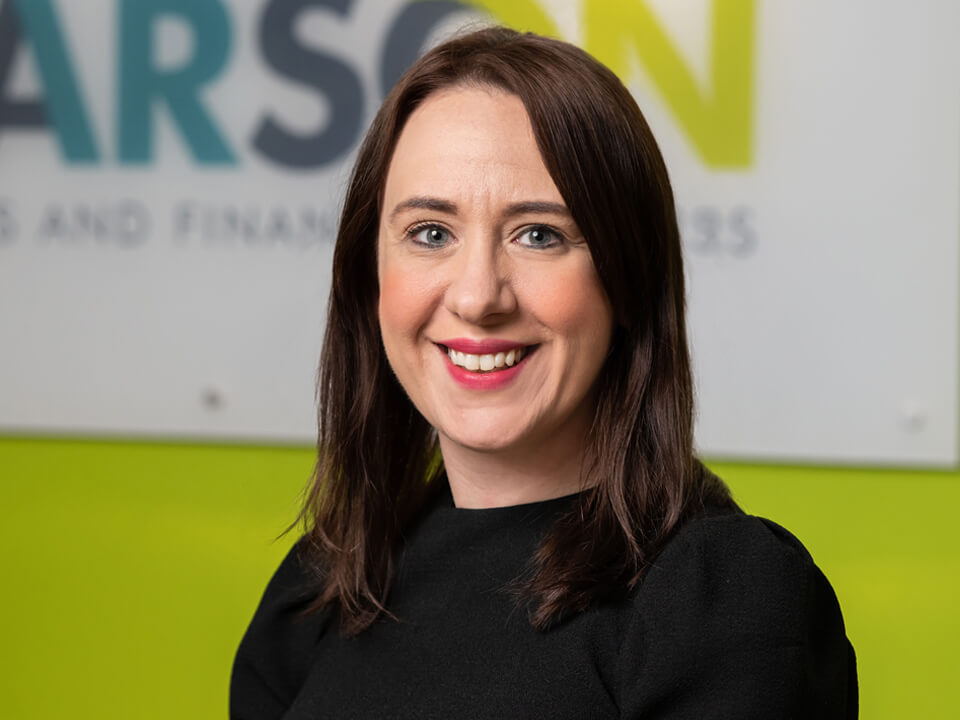Sometimes An Apology Is All It Takes
Mistakes made by medical professionals are thankfully rare, but when they do occur sometimes a simple apology and acknowledgement can set patients minds at ease, said Medical Negligence Solicitor Jacqueline White.
Not getting an apology when things go wrong was the reason behind 34% of NHS cases in England investigated by the Parliamentary and Health Service Ombudsman in 2014-15.
Errors in diagnosing conditions, poor treatment and a lack of communication were also among the top reasons acute hospital trusts were referred to the PHSO.
“When clients come to us we are able to assist them through the complaints process, obtain an apology and where appropriate acknowledge areas of care which fell below an acceptable standard,” said Jacqueline.
“In our experience sometimes an investigation into what went wrong, assurances that it won’t happen again and an apology is all that our clients want, often compensation over and above that is sought for pain, suffering and of course any further care and assistance that is needed down the line,” she added.
Earlier this summer the General Medical Council (GMC), which regulates doctors and the Nursing and Midwifery Council also issued guidelines stating that genuine, personal apologies could help patients overcome their anxiety and distress.
“Patients are likely to find it more meaningful if you offer a personalised apology – for example ‘I am sorry …’ – rather than a general expression of regret about the incident on the organisation’s behalf,” says the guidance, which was prompted by the Mid Staffordshire care scandal.
Research shows that many patients only resort to legal action because they feel they have not been told the truth about a lapse in safety. Between 10% and 20% of patients are believed to suffer some harm as a direct result of receiving healthcare, especially in hospital.
“As professionals we welcome any measures to help patients, put them at ease and improve care,” said Jacqueline White.
If you want advice and guidance on a medical negligence case call 0161 785 3500
Subscribe to our newsletterPlease note that the information and opinions contained in this article are not intended to be comprehensive, nor to provide legal advice. No responsibility for its accuracy or correctness is assumed by Pearson Solicitors and Financial Advisers Ltd or any of its members or employees. Professional legal advice should be obtained before taking, or refraining from taking, any action as a result of this article.
This blog was posted some time ago and its contents may now be out of date. For the latest legal position relating to these issues, get in touch with the author - or make an enquiry now.





